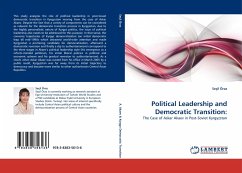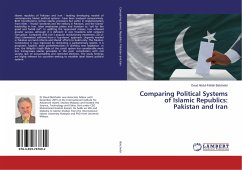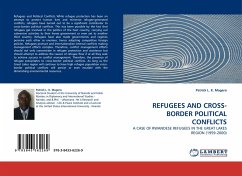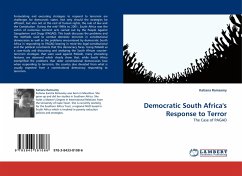This study analyzes the role of political leadership in post-Soviet democratic transition in Kyrgyzstan moving from the case of Askar Akaev. Despite the fact that a variety of components can be considered as relevant for the democratic transition process in Kyrgyzstan, due to the highly personalistic nature of Kyrgyz politics, the issue of political leadership also needs to be addressed for this purpose. In that sense, the converse trajectories of Kyrgyz democratization (an initial democratic leap till mid-1990s which attracted world-wide attention and made Kyrgyzstan a promising candidate for democratization, afterward a democratic reversion and finally a slip to authoritarianism) correspond to the three stages in Akaev s political leadership style (his emergence as a reform-minded politician, his initial liberal policies in political and economic spheres and his gradual reversion to authoritarianism). As a result, when Askar Akaev was ousted from his office in March 2005 by a public revolt, Kyrgyzstan was far away from its initial trajectory to democracy and became more similar to other authoritarian Central Asian Republics.
Bitte wählen Sie Ihr Anliegen aus.
Rechnungen
Retourenschein anfordern
Bestellstatus
Storno








